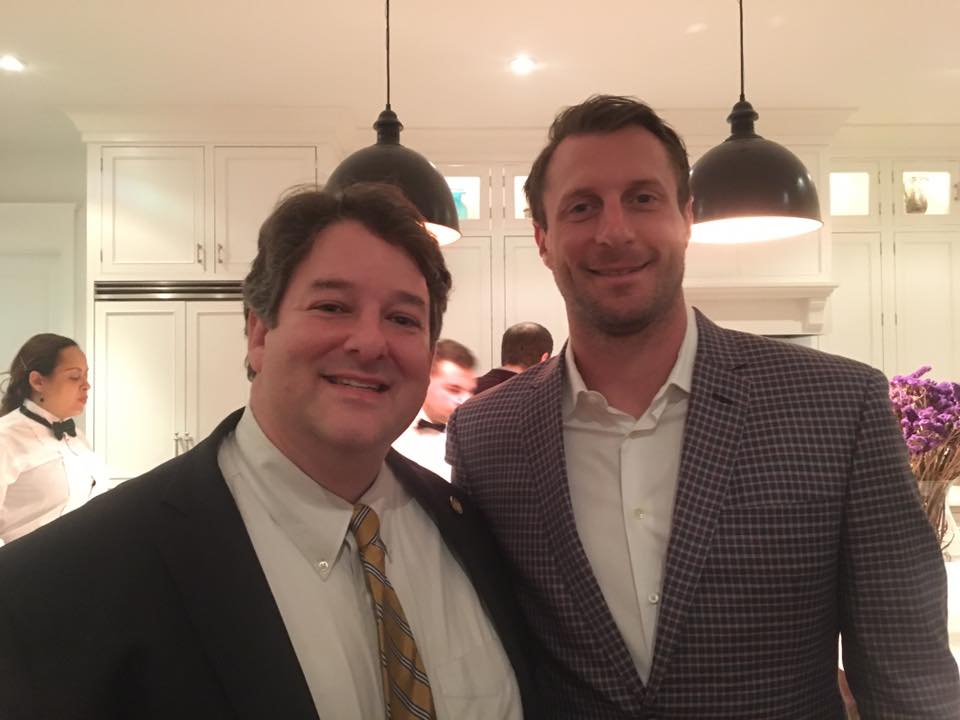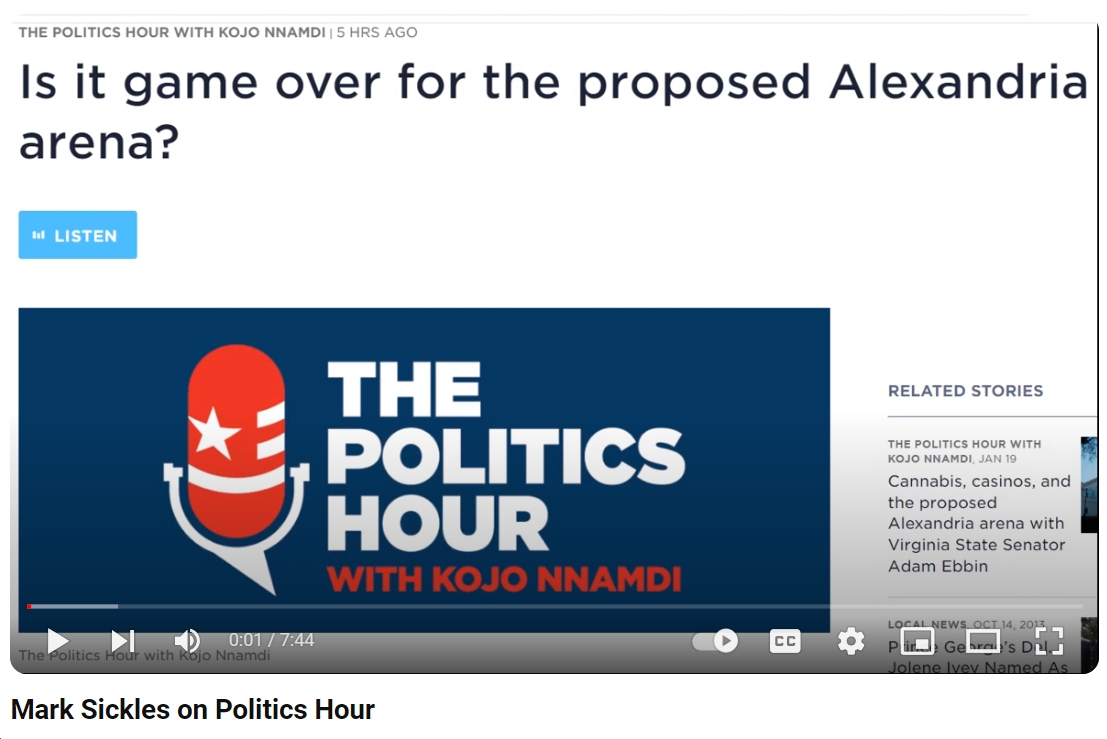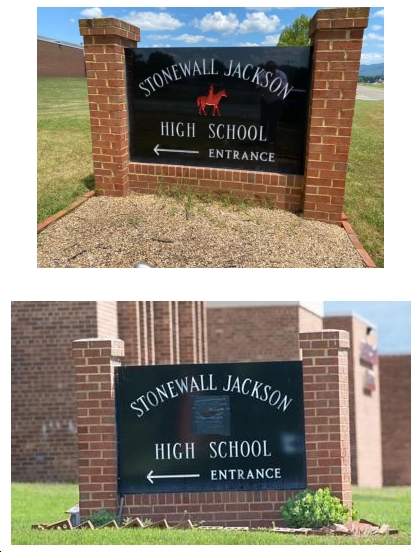For all of us who supported Tom Perriello in the 2017 Virginia Democratic gubernatorial primary – and some of us, including yours truly, in his 2008 and 2010 Congressional races – here’s an update on what Tom’s up to these days.
First, Tom is now on the board of Indivisible — “Our new board members are all of that and more, and we’re lucky to have them join us. They’ve all been not just leaders, but game-changers in their fields. They come from a spectrum of progressive missions—labor, immigrant rights, anti-poverty, politics, technology, and public service. These are leaders that have inspired us and influenced our thinking.”
Second, check out this very cool lecture series he’s going to be conducting at the University of Chicago. I just wish it was being live streamed and/or videotaped, as I’d love to see his lectures, which sound fascinating!
Tom Perriello on “Domestic and Global Challenges Only the Next Generation Can Solve”
Tom Perriello’s seminars will be held on Tuesdays at 12:30pm.
All IOP Pritzker Fellows Seminars will be held in the IOP Living Room unless otherwise noted.
All seminars are students only and closed to press/off the record.

Summary
This still-young century is a paradox of unprecedented progress – reduction of extreme poverty, illiteracy and disease – comingled with violent reactionary forces of weaponized hate, regional conflict, and planetary degradation. The post-Cold War “End of History” has given way to the Era of Great Disruption in which notions like the rule of law and pluralism have become contested by the resurgence of “might makes right” and weaponized tribalism across the globe. The promise of shared prosperity has become a reality of unprecedented inequality and jobless growth. Automation, technology, and artificial intelligence may lead to human flourishing but also possibly an economic crisis that dwarfs the pain of the Industrial Revolution or Great Depression. Today’s students will graduate at a moment of inflection that could either produce a breakdown or breakthrough at a massive scale, and they can choose to be determinative of which outcome the country and globe will face. In these seminars, we will review case studies and creative solutions that address some of the complex forces – on the domestic and global fronts – that could determine whether we break down or break through. We will work to identify lessons from past experience and investigate how Global Gen Z – the most internationally integrated, diverse and empowered generation in human history – may be in a unique position to create, demand and implement solutions to these challenges.
Session 1 (April 3): The Virginia Paradox – Lessons from the First Elections of the Trump Era | RSVP
Virginia was the birthplace of American democracy and American slavery. It was the capital of the Confederacy and the first state to elect an African-American Governor. As the first state to host a major election in the Trump Era, it once again embodied our country’s most reactionary and progressive forces. What can we learn from Virginia about what is dividing Americans and what, if anything, might bring communities together? What lessons might each party learn from the historic Democratic gains? Beyond politics, what causes for hope and fear can we draw from this election?
Session 2 (April 10): State of the Union 2022: Lessons for the Next President from the (Congressional) Frontlines of the Early Obama Years | RSVP
The first two years of the Obama Administration saw historic accomplishments that included preventing a Great Depression and passing the Affordable Care Act, while failing to produce breakthroughs on fronts such as immigration, climate, and campaign finance reforms. These volatile two years ended with historic Republican gains that flipped control of Congress and many State Houses. Having been a recently elected (and soon to be defeated) Congressman from Virginia’s 5th district during these fights, I will outline lessons future leaders might draw from the successes and shortfalls of the early Obama Presidency and identify ways this period altered our political landscape.
Session 3 (April 17): New Economy, Old Politics: Why Voters Are Ahead of Politicians | RSVP
Incumbency used to be the ultimate advantage in American politics, and this should be even more true during the current era of unprecedented gerrymandering to protect those in power. So why has the past decade produced almost constant “historic” wave elections that wipe out the leaders or party in power? At least one major reason for this prolonged anti-incumbent trend is the failure of either party to adjust their core agenda and ideology to reflect the realities of the new economy. Both parties – along with most journalists and pundits – remain anchored in 20th century notions of growth solidified during the Reagan Era that are increasingly out of touch with voters living the new normal since the Great Recession. Whichever party wins the race to produce a new narrative and agenda that addresses the deep disruptions of the 21st century economy – from rising debt and inequality, to new monopolies and consolidation, to the acceleration of automation and artificial intelligence – will determine our political landscape for the next generation. Why are the voters so far ahead on these issues, and how might either party – or a new one – catch up?
Session 4 (April 24): Democrats Have Become the Party of God, White People Just Don’t Know It | RSVP
The headlines created each time a white evangelical leader defends President Trump’s breach of a Commandment are mere aftershocks of a seismic shift in America’s culture wars that will leave white conservatives and white liberals equally uneasy. The slow shift in control over the Democratic party from rich, white secular liberals to more diverse leadership has profound implications for the party’s very mythos in ways current powerbrokers are just starting to glimpse. True moral conservatives who have publicly put principles ahead of party – like Libertarians before them – bear witness that what they considered core pillars of the modern Republican party have become mere window dressing. Media outlets that spent decades rendering believers of color invisible – using “faith voters” as shorthand for white evangelicals – now acknowledge that the demographic groups most highly correlated with religiosity are the most solid Democratic voting blocs. Pundits who have pondered why African-American and Latino evangelicals tend to vote for Democrats are starting to ask instead why white evangelicals vote for Republicans. Reflecting on fifteen years at the intersection of faith and politics at home and abroad, I will explore what this may mean for the direction of both parties and public debate and what lessons might be drawn from the culture wars for the role of morality and mythos in public life.
Session 5 (May 1): Charlottesville to South Africa – The Impossible but Inevitable Case for Racial Truth & Reconciliation | RSVP
On a hot August weekend in my hometown of Charlottesville, hundreds of modern klan members under alt-right and other insignias shocked the nation, wielding torches and assault-style rifles in a violent call to action for white nationalism. Their stated cause for this and two previous rallies was opposition to removing Confederate statues – opposition to changes in how we tell the American story that are based on new scholarship, sensitivities, and shared values. Having worked on transitional justice efforts in many countries, I understand the profound power of claims on the accuracy of historical narratives and the exhausting, deliberate effort required to break cycles of violence based on tribal identity. As America passes a volatile inflection point on pluralism, can we apply lessons from the success and setbacks other countries – from South Africa to Germany to Guatemala – have faced to produce racial inclusion, justice, and healing? We will look at communities in America that have already attempted truth and reconciliation processes, and consider what it might look like to tackle these issues at a national scale.
Session 6 (May 8): Diplomacy in What Could Have Been Wakanda | RSVP
Using case studies of my work on peace and transitional justice efforts in the resource-rich, war-torn countries of Sierra Leone (2000-03) and the Democratic Republic of Congo, we will explore the impact of advocacy, financial, and diplomatic engagement in areas of humanitarian crisis. This will explore the complexity of allyship and humanitarian intervention – and the costs of its absence. The session will explore both the pragmatic and moral challenges of effective conflict and atrocity prevention efforts.
Session 7 (May 15): Twitter Diplomacy: Reinventing International Relations | RSVP
As the nature and speed of geopolitics has shifted dramatically from the Westphalian era of nation-states to a wiki world, the structures and style of international diplomacy have been forced to adapt or fade in relevance. How must diplomats and other actors react to the diffusion of power, exponential growth of “big data” and open-source information, and pace of the 24-second news cycle? This session will review successful and disastrous case studies of “Twitter diplomacy” by state and non-state actors, along with more systematic efforts to modernize the structures, reset foreign policy frameworks and structures through such projects as the Quadrennial Diplomacy and Development Reviews.
Session 8 (May 22): World War III: Why It’s Possible & Why You Can Prevent It | RSVP
The final session will review the factors driving us towards a breakdown or breakthrough at home and abroad, and the unique role the Global Gen-Z Generation. We will revisit topics of greatest interest and encourage bold ideas from participants, particularly around the future of work, future of identity and race, future of democracy, and future of global community.















